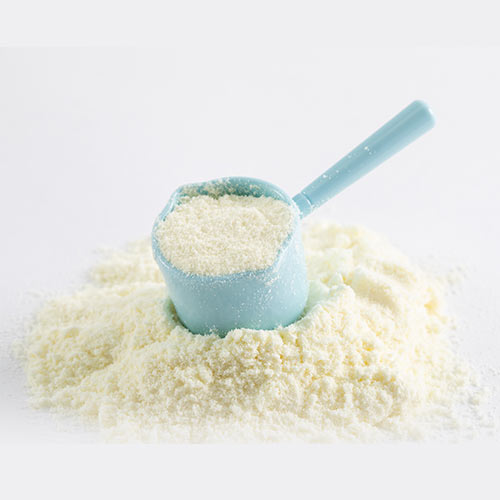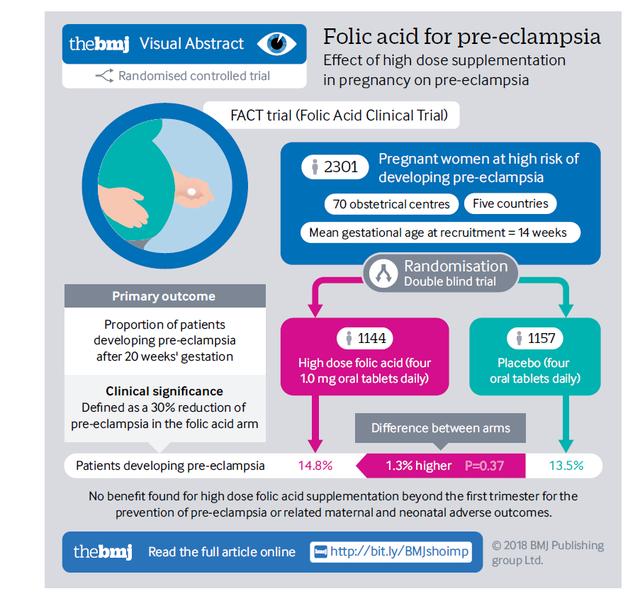Folate is effective in preventing anaemia in pregnant women, who usually need it after pregnancy to produce normal red blood cells. Nowadays, all pregnancies are associated with an inadequate intake of Folate, which may trigger anaemia in pregnant women, and can therefore be properly regulated after Folate supplementation. And taking Folate can also prevent fetal neural tube defects, which are very common congenital disorders, if a woman takes an effective dose of Folate consistently in the first trimester when she is already preparing for pregnancy.

There are three common types of Folate. Active Folate is L-Methyltetrahydrofolate, which does not need to be metabolised and can be absorbed directly by the body without any side effects and has no upper tolerance limit.
The other type refers to natural Folate, extracted from green leaves, vegetables, legumes, fish, eggs and nuts, etc.
There is also a type of Folate called synthetic Folate, also known as folic acid, which is also commonly available on the market.
Magnafolate L Methylfolate raw material
Magnafolate L Methylfolate ingredient

 Español
Español Português
Português  русский
русский  Français
Français  日本語
日本語  Deutsch
Deutsch  tiếng Việt
tiếng Việt  Italiano
Italiano  Nederlands
Nederlands  ภาษาไทย
ภาษาไทย  Polski
Polski  한국어
한국어  Svenska
Svenska  magyar
magyar  Malay
Malay  বাংলা ভাষার
বাংলা ভাষার  Dansk
Dansk  Suomi
Suomi  हिन्दी
हिन्दी  Pilipino
Pilipino  Türkçe
Türkçe  Gaeilge
Gaeilge  العربية
العربية  Indonesia
Indonesia  Norsk
Norsk  تمل
تمل  český
český  ελληνικά
ελληνικά  український
український  Javanese
Javanese  فارسی
فارسی  தமிழ்
தமிழ்  తెలుగు
తెలుగు  नेपाली
नेपाली  Burmese
Burmese  български
български  ລາວ
ລາວ  Latine
Latine  Қазақша
Қазақша  Euskal
Euskal  Azərbaycan
Azərbaycan  Slovenský jazyk
Slovenský jazyk  Македонски
Македонски  Lietuvos
Lietuvos  Eesti Keel
Eesti Keel  Română
Română  Slovenski
Slovenski  मराठी
मराठी  Srpski језик
Srpski језик 








 Online Service
Online Service